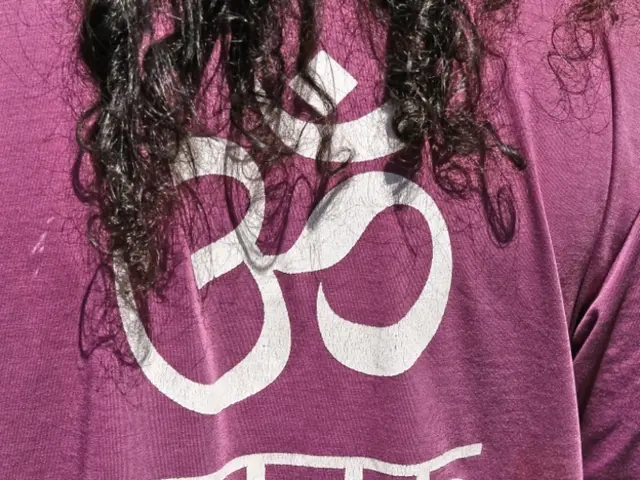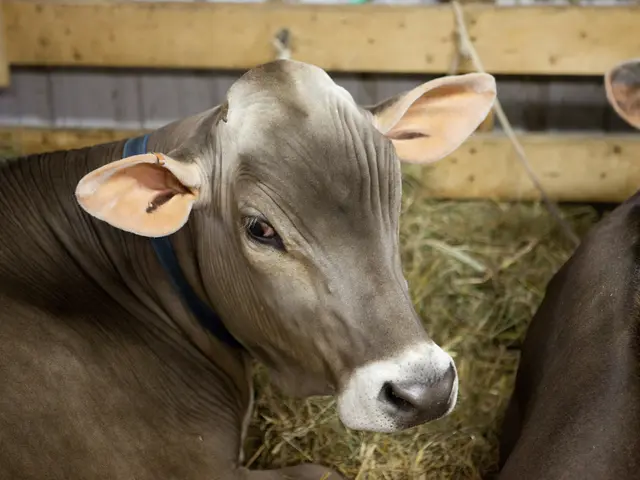Youthful individuals revert to the thinness trend: Body positivity movement seemingly wanes among younger demographics
Heads Up: This content discusses eating disorders and dangerous weight loss methods.
TikTok, the popular social media platform, has become a breeding ground for the #SkinnyTok trend, where individuals share unhealthy dieting tips and videos that glorify extreme thinness. These clips often feature emaciated women trying to peddle questionable weight loss advice, reinforcing harmful body image standards.
Echoing the thinness obsession of the 2000s, #SkinnyTok harks back to the days of heroin chic and infamous slogans like "Nothing tastes as good as skinny feels." Initially, TikTok chose not to intervene, allowing harmful content to proliferate. However, under pressure from concerned governments, advocacy groups, and health professionals, the platform took action.
In June 2025, TikTok removed the #SkinnyTok hashtag globally. Now, when users search for the hashtag, they are directed to mental health support resources and educational material instead of harmful videos. This move was part of TikTok’s safety review process, addressing emerging risks related to disordered eating and body image issues.
Despite the ban, the damaging content associated with the trend persists on TikTok, disguised under different or misspelled hashtags. For example, the French Ministry of Digital Affairs, together with concerned advocacy groups and activists, call for stricter measures to safeguard young users from disturbing messages. One such proposal entails restricting social media usage for those under 15.
In summary, the #SkinnyTok trend is a reminder of the damaging impact social media can have on body image and eating habits, especially among young women. While TikTok taking steps to eliminate harmful content is an important step forward, vigilance is still needed to combat the spread of such dangerous narratives online. This issue underscores the need for stronger protections and regulation of social media platforms for the overall well-being of users.
Sources:[1] European Commission, "TikTok bans #SkinnyTok hashtag in Europe." 4 June 2025.[2] The Guardian, "SkinnyTok ban on TikTok is 'a significant collective victory' says French digital minister." 7 June 2025.[3] The Washington Post, "The danger of #SkinnyTok on TikTok: Health experts reveal the harmful impact." 8 June 2025.[4] BBC News, "Calls for social media restriction for minors under 15 amid growing concern over harmful content." 10 June 2025.
- The harmful influence of #SkinnyTok extends beyond the use of the original hashtag, with similar content disguised under different or misspelled variations.
- The entertainment value offered by popular social media platforms like TikTok often overlooks the impact on users' mental health and nutrition, fostering unhealthy trends such as #SkinnyTok.
- Besides addressing the #SkinnyTok trend, it is crucial for platforms like TikTok to prioritize resources for health-and-wellness content that promotes positive body image, fitness-and-exercise, and nutrition.
- Pop-culture underpinnings like #SkinnyTok highlight the susceptibility of young users to harmful influences on social media, necessitating stricter regulations and a more comprehensive approach to ensuring a safe, healthy, and enjoyable online experience for all.







